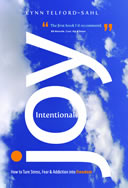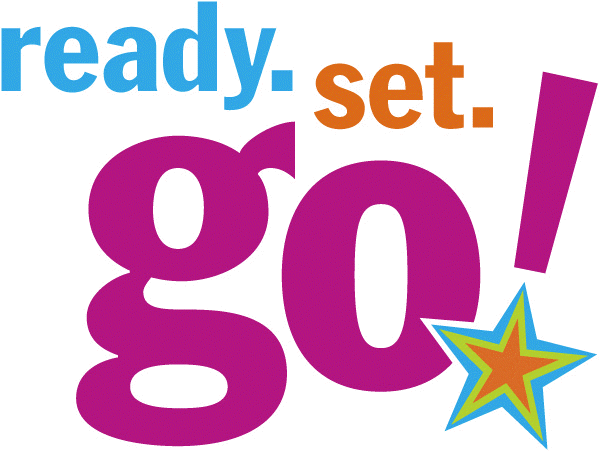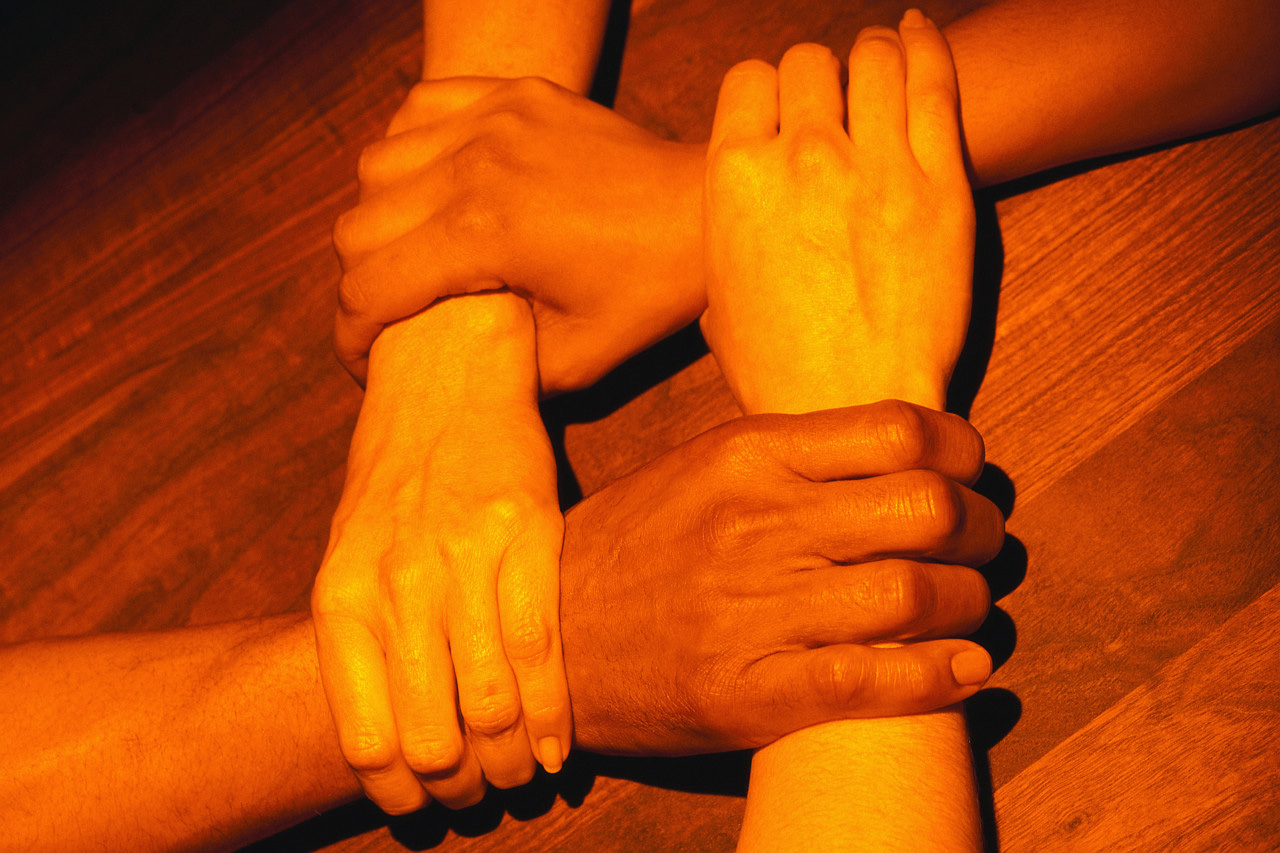You Don't Have to Be Rich - 4 Steps to Enjoy The Money You Have More
 Tuesday, March 11, 2014 at 4:48PM
Tuesday, March 11, 2014 at 4:48PM  Post a Comment
Post a Comment Remember when money was fun? When you were a little kid and it felt exciting to get your first pennies or quarters? With a few dollars in your pocket, you might have even felt rich. Perhaps you had a sense of freedom. Isn't that what we want as adults from our money - a sense of freedom and to be able to enjoy the money we have rather than feel anxious or worried? 
Fill in this blank - Rich people are ________. If you're not rich you might say something like - rich people are greedy, or dishonest, or different. When I give talks about money most people respond with a negative statement. That's too bad, because of course those that have money could also be described as generous or giving. But our cultural beliefs about money run deep and quite negative. That's limiting in terms of becoming rich yourself.
It's true that the rich are getting RICHER. According to The Huffington Post reported Oxfam's "Working For The Few" report that the world's 85 richest people own the same amount as the bottom half of the entire global population."
But, solving the financial equality of the world is too big a subject for this blog.
Instead, let's talk about the 4 things you can do to enjoy the money you have more.
A study reported in the book Happy Money by Elizabeth Dunn and Michael Norton asks: "Would your life satisfaction double if you made $55,000 a year vs. $25,000 a year?" Most people say yes. But, research shows that those making twice as much money - 55K vs. 25K - were only 9% more satisfied than those making $25,000.
Happy Money's research also shows that once you're making about $75,000 a year, more money has NO IMPACT on day to day feelings of happiness.
Since making more money to be happier is really more of an illusion than reality, what can you do to ENJOY and VALUE the money you do have?
4 Steps to Enjoying the Money You Have:
As a Money Coach who works with women in small business and direct sales I coach women to look at how they value the money they have and in the process can enjoy what they have, right now, more.
1) Buy more experiences than stuff. When we buy experiences, like the 3 week vacation my husband Dave and I just took, they are more lasting and meaningful than material things. Buying experiences contributes to happiness much more than stuff.
2) Make things special by having treats. For example, people that ate chocolate once a week anticipated and savored the chocolate vs. those that ate it every day.
3) Give away small amounts of money - like putting a $1.00 in the Food Box at the grocery counter. It feels good to give and it's a good Law Of Attraction action.
4) Voluntarily Simplify: If one has to live in a small house because they lost their big house in the Great Recession, that's one thing. But, my husband and I choose to live in a small home, drive moderately priced cars and take 4-6 weeks of vacation a year. Living within your means can feel very empowering.
WANT TO USE THIS ARTICLE IN YOUR NEWSLETTER OR ON YOUR WEB SITE?
You can, as long as you include this complete blurb with it:
Certified Money & Business Coach, Professional Speaker & author, Lynn Telford-Sahl, writes the weekly PowerUP Your Money blog for women in sales and small business. If you’re ready to PowerUP your Money, your Business & your JOY get your FREE Strategy Session with Lynn at www.joywithmoney.com
 Lynn Telford-Sahl tagged
Lynn Telford-Sahl tagged  Financial Coaching,
Financial Coaching,  happiness and money,
happiness and money,  law of attraction,
law of attraction,  mmanifesting,
mmanifesting,  money coach,
money coach,  more money,
more money,  women in direct sales,
women in direct sales,  women in small business
women in small business














